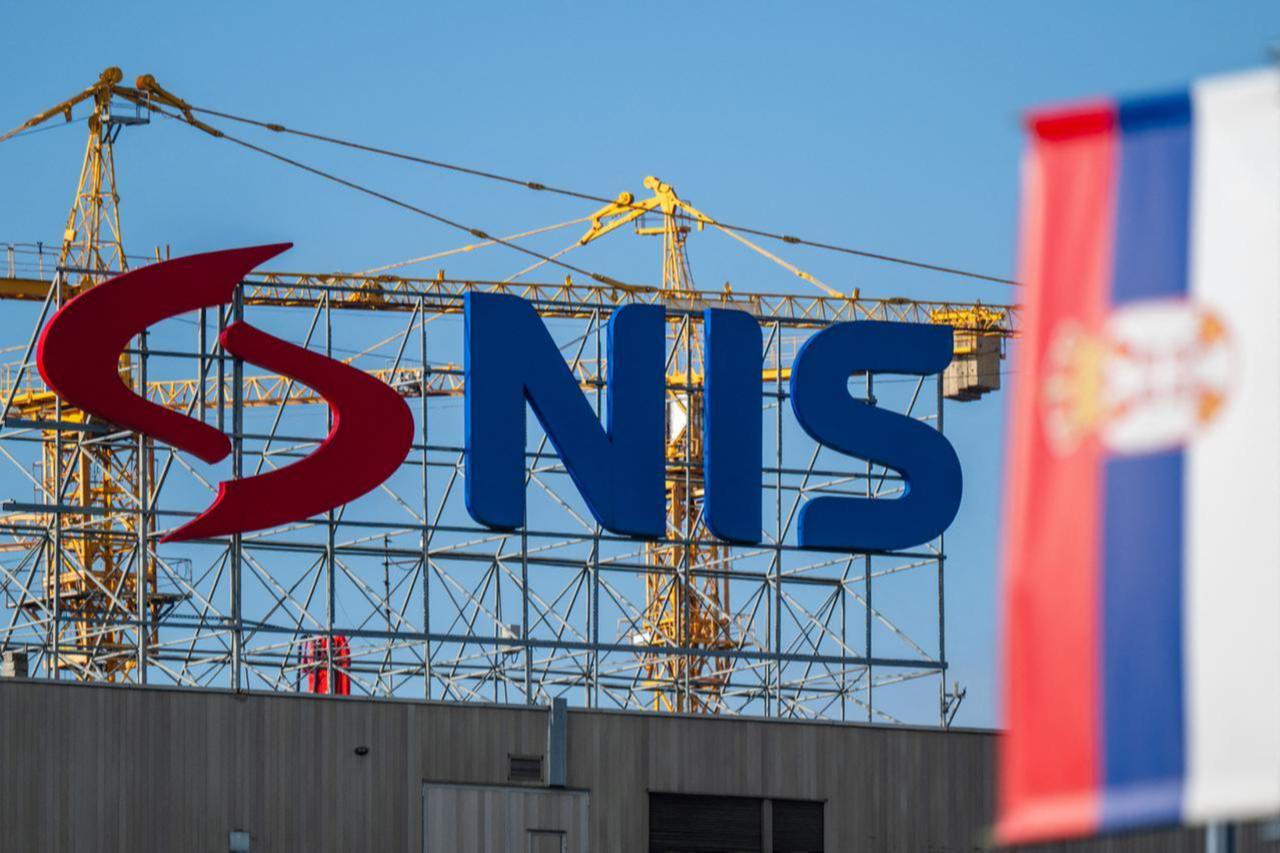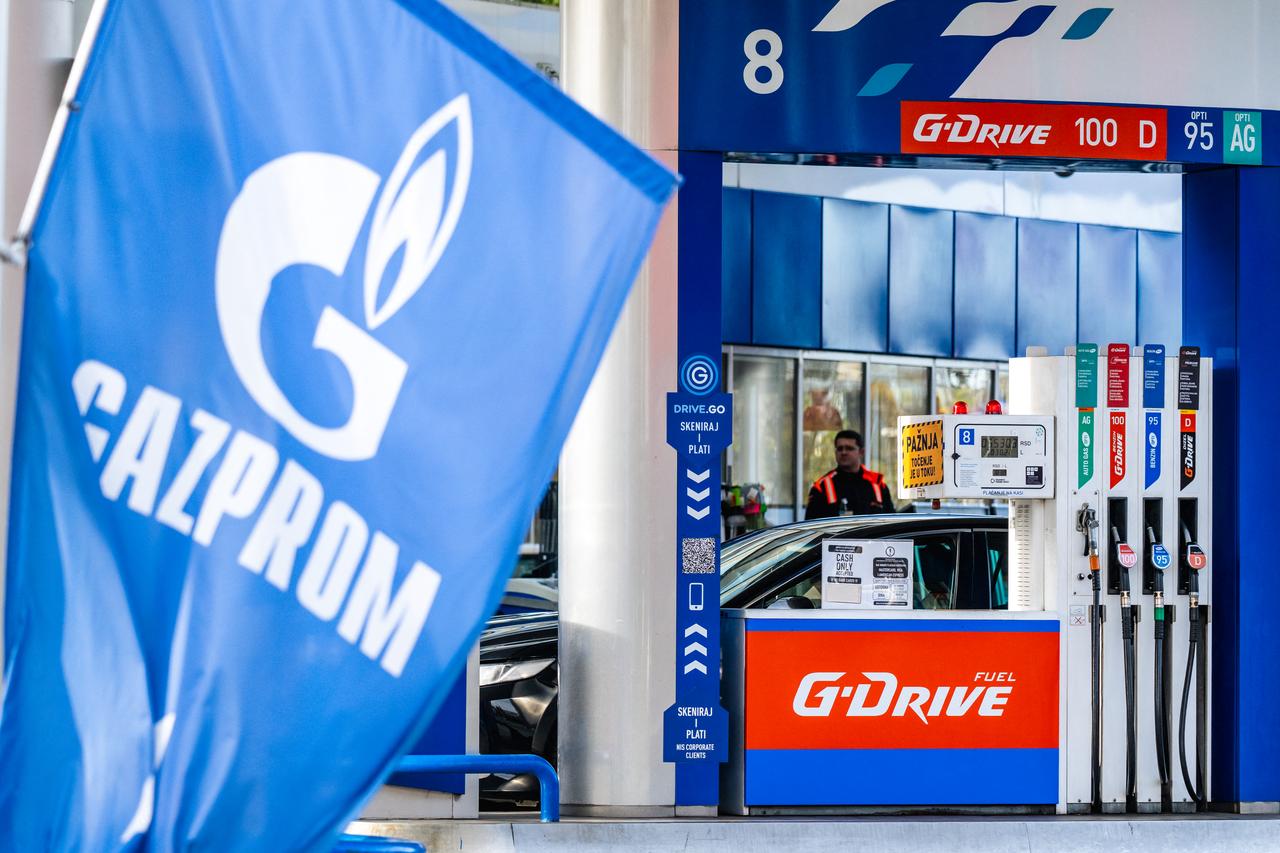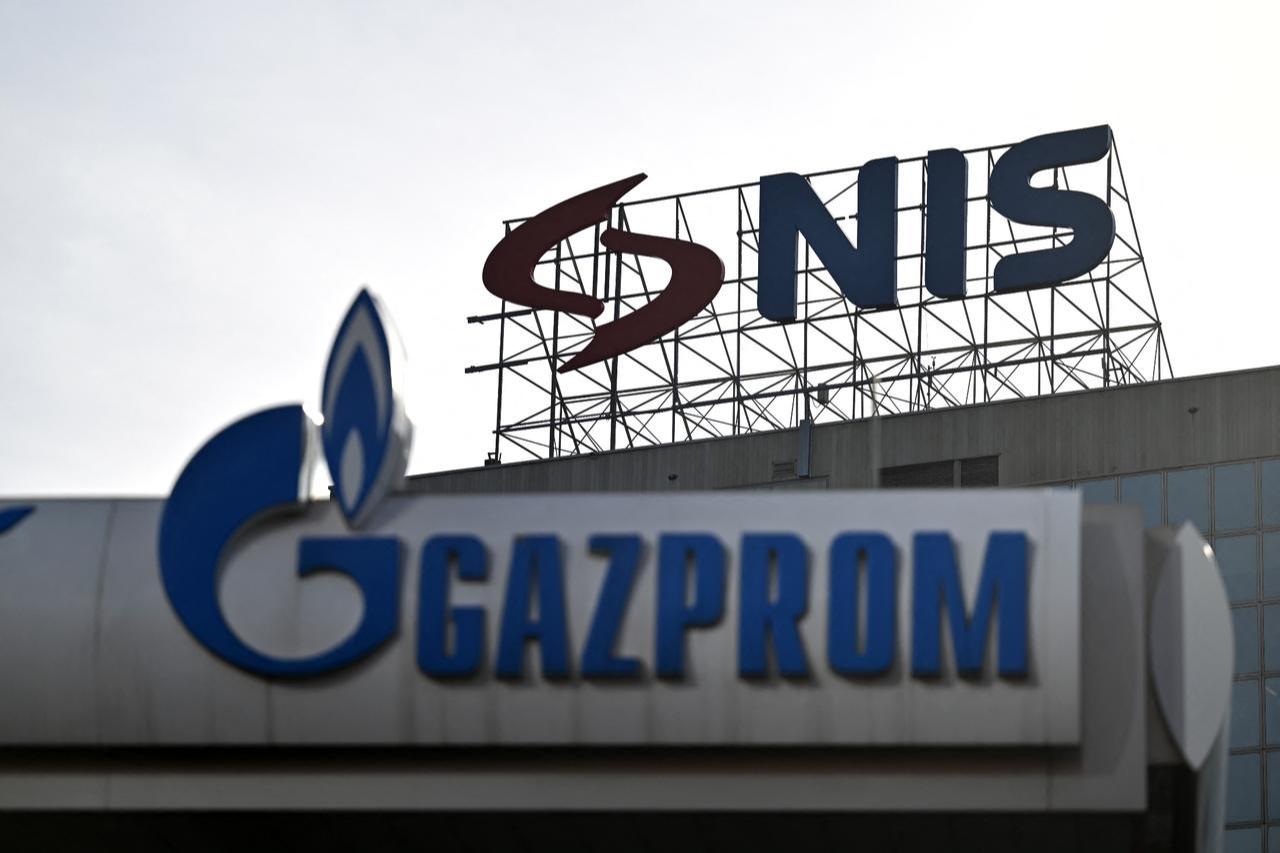
Serbia’s only oil refinery, operated by the majority Russian-owned Petroleum Industry of Serbia (NIS), could halt operations within days following the implementation of U.S. sanctions, President Aleksandar Vucic said Tuesday. The refinery, located in Pancevo just outside Belgrade, supplies the vast majority of the country’s fuel needs.
"It has not been shut down yet, but it is already running at a reduced level compared to normal," Vucic said at a press conference in Belgrade.
The refinery has come under increasing pressure after the U.S. Treasury’s Office of Foreign Assets Control (OFAC) imposed sanctions on Russia’s oil sector following the 2022 invasion of Ukraine. Though the sanctions were first announced under President Joe Biden in January, they were only enforced on NIS starting Oct. 9.
Since then, banks have frozen NIS-related transactions, and Croatia’s JANAF pipeline has ceased delivering crude oil to the refinery.
Serbia’s Energy Minister Dubravka Djedovic Handanovic said last month that the refinery would continue operating without disruption until Nov. 25.

As of Monday, that deadline had passed, raising concerns that NIS may be forced to shut down operations unless new crude supplies are secured.
Meanwhile Vucic said that NIS had stockpiled enough fuel to last until the end of the year, with further reserves held by the government.
But he had set a 50-day deadline for a deal to be reached between the Russians and a potential buyer, which includes bidders from Hungary and the United Arab Emirates.
If that failed, his government would be forced to buy the company.
"We will have no choice. We will bring in our own management and offer the highest possible price."

However, experts warn that imported fuel alone cannot replace the domestic refinery’s output. Belgrade-based economist Goran Radosavljevic told AFP that local production accounts for around 80% of the country’s fuel supply, with imports making up just 20%. Replacing such a large share with imports, he warned, would be difficult.
“You can prolong the agony for a few months through additional imports, but NIS will go bankrupt if it can no longer operate,” Radosavljevic said.
Meanwhile, in a statement on Monday, the Serbian government said the country has sufficient petroleum product reserves and assured the public there is no immediate cause for concern.
Energy Minister Djedovic Handanovic said she met with representatives from major oil companies operating in Serbia, including MOL, OMV, and Helleniq Energy, to discuss ongoing fuel supply strategies. She added that the government is prepared to release state reserves if needed.
As of Sunday, NIS operational and backup reserves totaled 89,825 metric tons of diesel and 53,648 tons of gasoline. The government also recently approved additional imports of 38,000 metric tons of petrol and 66,000 tons of diesel for emergency state stockpiles.
Gazprom Neft owns 44.9% of NIS, while Gazprom holds an additional 11.3%. The Serbian state maintains a 29.9% share, with the remainder held by minority shareholders. The U.S. has called for full Russian divestment and given three months for ownership to change hands.
Last week, NIS filed a request with Washington for a temporary exemption from the sanctions while ownership negotiations continue. So far, no response has been received. Serbian President Aleksandar Vucic said three potential buyers have shown interest in NIS but declined to identify them.
Serbian officials are hopeful that Russian stakeholders will agree to sell, though discussions are ongoing. The idea of a state takeover has been floated, but Vucic, who maintains close ties to Moscow, has so far rejected seizing a Russian asset.
Instead, he said the Serbian state is willing to buy the Russian stake at above market value if necessary.
Serbia sold a 51% stake in NIS to Gazprom and Gazprom Neft in 2008 for €400 million (about $462 million) as part of a broader strategic deal. That agreement included promises of infrastructure development, some of which remain unfulfilled.
While the focus is currently on maintaining domestic fuel supply, Serbia is also negotiating long-term natural gas contracts with Russia. In recent months, Moscow has only offered short-term deals, a move Vucic has described as pressure not to nationalize NIS.
Serbia remains one of the Balkan nations that has not imposed sanctions on Russia over the war in Ukraine and remains heavily dependent on Russian energy.